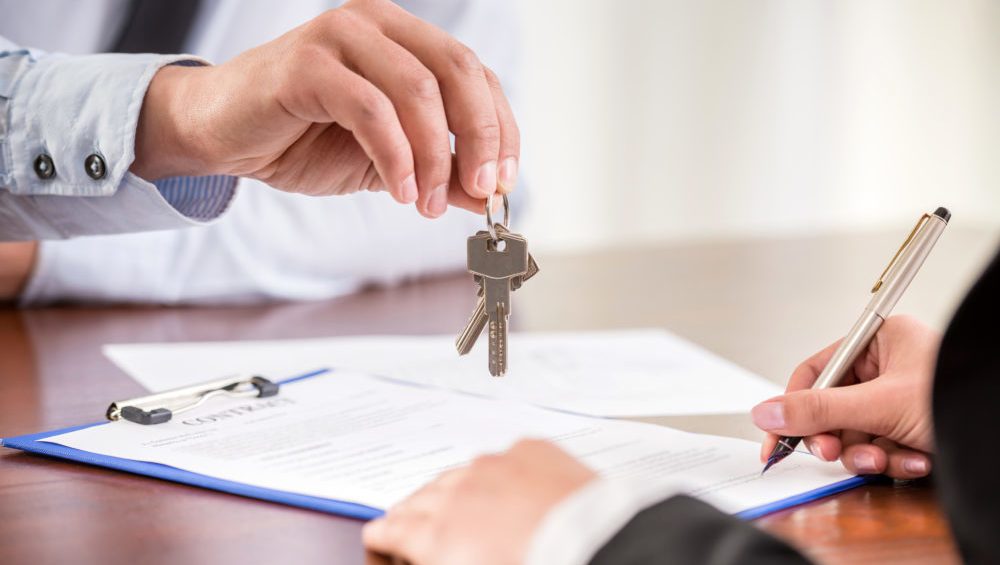
Your offer was accepted, the inspection is over, anything that needed to be resolved has been. The only thing standing between you and moving into your new home is the closing table. What should you expect?
Preparing for the closing date:
Depending on how condensed your contract period is, you may receive the final settlement and HUD-1 statements with enough time to review them with your lender and real estate broker. It isn’t uncommon, with the volume of new mortgages and refinances, to receive these documents just hours before closing. Either way, you will have time at the closing table to have all your questions answered about the details and account for every penny of the transaction.
Prior to your closing, you will do a final walk-through of your new home with your broker to inspect its condition. This is your opportunity to ensure all agreed upon inspection items have been completed, the condition of the home hasn’t changed from when you went under contract, and all contractual items are in the home. The final walk-through is not an opportunity to re-inspect the home.
WHAT TO BRING TO CLOSING
Make sure to bring a form of government issued identification for the closing agent to verify you are, in fact, you.
You must bring funds that are immediately available for withdrawal, which includes wire transfers, cashier’s checks, or teller’s checks. Title companies vary slightly as to what they will accept as good funds, so ask your Realtor before you gather documents. The actual dollar amount you will be required to bring to closing will be derived from the settlement statement prepared by the title company.
AT THE CLOSING TABLE
The closing is usually held at a title company location that is convenient to both parties of the transaction. Most closings will include the seller and seller’s agent, buyer and buyer’s agent, lender, and the closing agent. With more complex transactions there may be attorneys present for one or both sides.
There are three parts of the closing, the first two parts pertain to transferring the real estate from the seller to the buyer. This includes all the documentation and accounting for the transfer. If you are borrowing money, you will need to complete the third and final part, paying for the home. This portion will contain the majority of documents and disclosures required by your lender. Your lender should be present to answer any questions you may have during this section.
The keys!!
Once all the documents have been successfully signed and all money dispersed, you are now the proud new owner of the home! This will also be a good opportunity to ask the seller any additional questions you may have about your new property. It is also a good idea to exchange contact information in case questions arise during the move-in process.
The bottom line
Though it may seem like the closing process is a lot of complex work, it’s worth the time and effort to get things right instead of hurrying up and signing a deal you don’t understand. Be wary of any pressure to close the deal fast. Real estate agents and other entities helping you will want their cut, but they won’t be around to care about the problems you could face in the long run from a bad deal.

 See Our National Coverage Map
See Our National Coverage Map